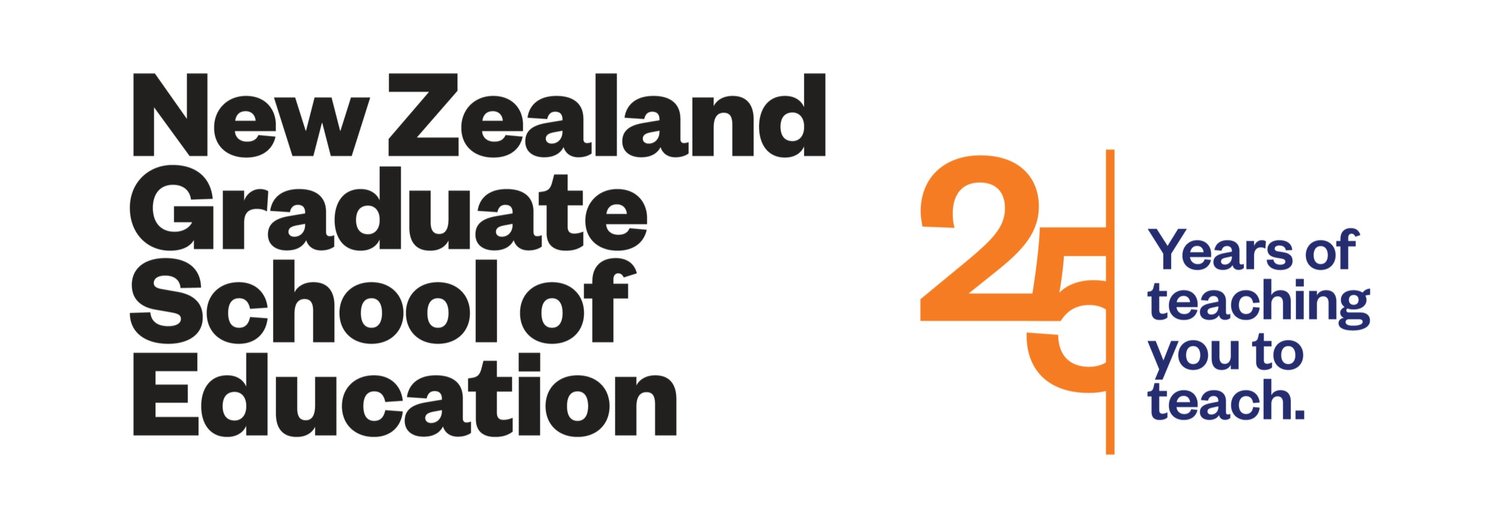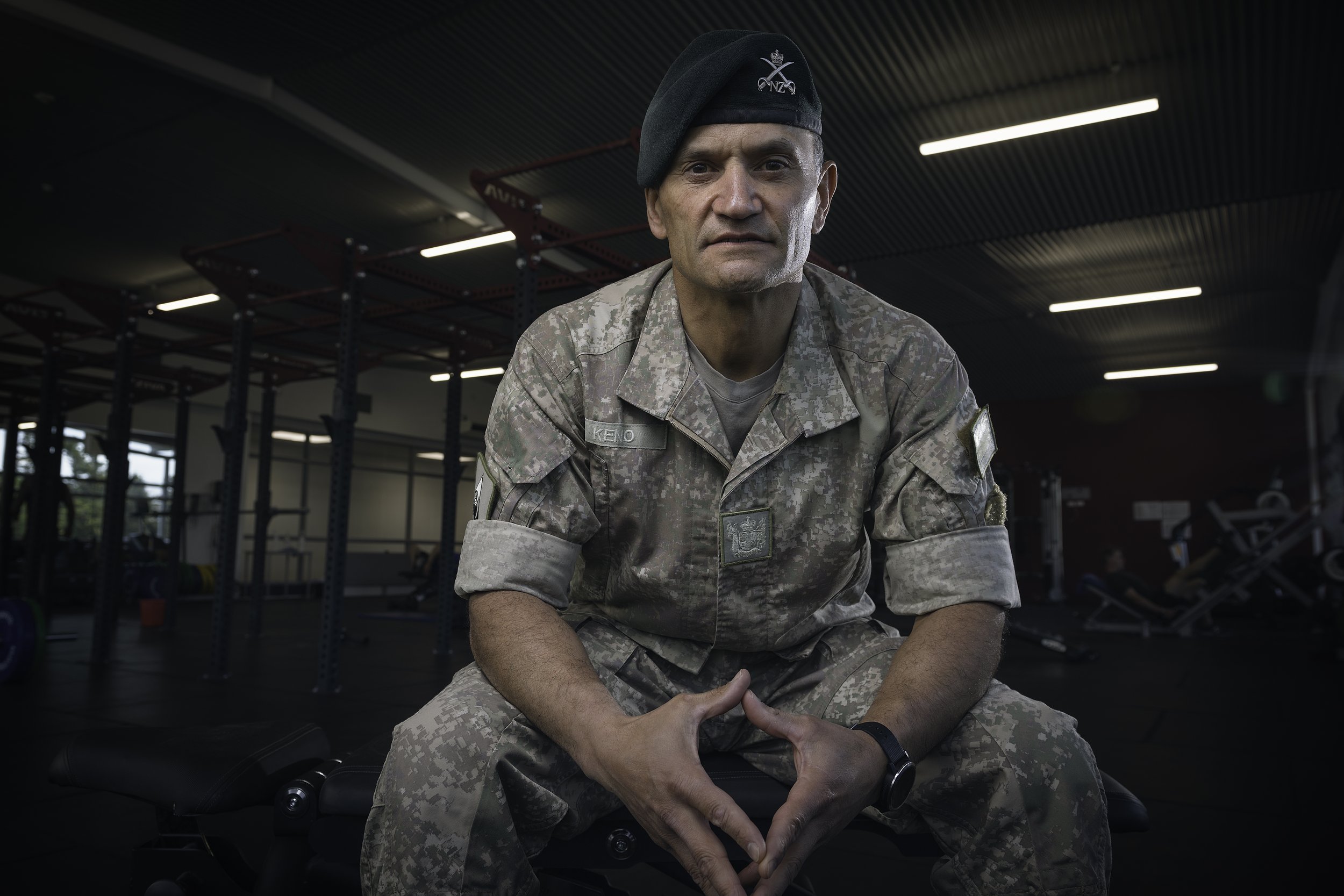“To be the teacher that I had”
For Jade, training as a secondary PE teacher at NZGSE is the fulfilment of a long-held dream. The NZ representative karate champion studied Health and PE and Sport Development at Otago University. She was invited by one of her lecturers to accept a summer research scholarship to study the experiences of women in rugby governance roles in NZ. An article emanating from the study is due to be published this year.
While postgraduate studies beckoned, Jade was inspired by her own years at secondary school in Christchurch where one particular teacher stood out as an inspirational role model. Coupled with this was the impact of working with students from disadvantaged backgrounds where she saw that she could make a difference. In her own words, for these students she wanted “to be that teacher that I had”.
After investigating various options, Jade chose to train at NZGSE because it offers a more personal environment with a beneficial tutor-to-student ratio where interns receive regular feedback and support. And what sort of teacher does she want to be? “Welcoming, inspirational and a strong role model”.
“Teaching gives us a process of constantly growing and learning.”
Abi and Jess have begun growing and learning by joining the Secondary Programme at New Zealand Graduate School of Education. Both shared why they decided to join the 150,000-teacher-strong profession. For Abi, it seemed a natural progression to go into teaching as she reminisced on the teachers she had in high school.
“I liked my subject area (English), and I knew I was good at learning languages, English and written texts. Because literacy is so foundational for our society, I knew the best way to utilise those skills was to be able to help other people be good at the subjects too.” A firm conviction to help others influenced Abi’s decision to enter a gap year, where she lived and did volunteer work in Argentina teaching English and working in communities. Some of the environments Abi found herself in contrasted greatly to the environments she was used to back home.
“I was in Spanish immersion environments and working with children that had been separated from their families and adults who had disabilities. So learning to connect across cultures and connect with the language was important, and I think developing those skills led to a lot of success for me.”
Abi recalls how the investment of time in her teaching led to success for her students. “I love the feeling of helping people to learn. I remember trying to teach these two young boys how to tell the time in English in one of my classes. They had been struggling with the learning for an hour. After being split into smaller groupings, I could work individually with them. We worked with them for so long, and in the last five minutes of class, it finally clicked, and they figured it out. It was the joy of knowing that I’ve helped them understand something. From that moment onwards, Abi knew that teaching was for her.
Coming from a family of teachers, Jessica’s story started from a deeply engrained perception of the stark realities of having a career in teaching. “I was always told not to go into teaching as it was too much work, or to do something else with my life first. There was pressure for me to become a doctor, which is funny because I would have made an awful doctor - I can’t stand blood.” The mixed messages Jessica received in high school led her to begin a degree in engineering. “I convinced myself I wanted to enter engineering and work in policy.” However, Jessica knew that it didn’t feel right, and with the support of her Māori community, Jessica switched degrees midway through her third year. “I remember being scared to change because I had scholarships. I didn’t want to disappoint anyone, and I’d also put pressure on myself to do a ‘smart degree’.” Her transition to an Arts degree ignited a sense of connection and purpose, which directly correlated with her decision to enter the teaching profession. “I’m huge on relationships. I think that’s where you find meaning.” Although changing career paths was one of the hardest decisions for Jess, she also knew it made complete sense. “At the end of the day, you know yourself; you know what you connect to and what you don’t. Teaching is an opportunity to lead learning.”
Inspiring learners to go to the next level
Tēnā koutou katoa
Ko Mauao te maunga
Ko Pikiraki te taumata
Ko Tauranga te moana
Ko Mataura te awa
Ko Mataatua, ko Takitimu ngā waka
Ko Ngāti He, ko Hokonui ngā hapū
Ko Ngai Te Rangi, Ngāti Ranginui, Ngai Tahu ngā iwi
Ko Keno tōku ingoa whānau,
Ko Jason ahau.
Active service in New Zealand’s armed forces is not the usual pathway into teaching, but, for Jason, it provided a natural springboard. At 16 years old, Jason joined the army as an infantryman and ended up staying for 32 years. He gained School Certificate and a trade, and then moved into physical training instruction which allowed him to get a degree. He trained instructors, medics and assisted Auckland University of Technology with their programmes. He also did three active tours of duty, in Bosnia, East Timor and the Middle East.
Having always enjoyed coaching and working with young people, Jason decided to move into teaching. What is it about young people? “They make me laugh, I enjoy the results that you see when they improve and when they feel good about themselves . . . that’s the enjoyment I get out of teaching, spending time with the rangatahi.” Jason feels a particular responsibility as a teacher of Māori youth, where the focus is less on teaching the curriculum and more on giving them with a sense of connection with te reo and te ao Māori, and inspiring them to go to the next level of learning. “If I achieve that, then that’s my job done.” As a kaiako, he sees his goals as keeping young people in school and connecting them with te ao Māori, “the thing that they enjoy” and fostering a sense of belonging.
Jason started teaching in 2022 at a large, future-focused secondary school. He used his first year as an opportunity to observe how the school operates rather than imposing his expectations on it. At the beginning of this year, he set up a bilingual form class for any student who wants to extend their reo. Expecting around 10 students to join, the class has been hugely popular with 54 now involved. Already, other teachers are noticing the influence of this class on specific students: “Already a lot of the other kaiako in the school are saying, ‘Wow, that person who was a really challenging learner last year has now settled down’”.
Jason heard about NZGSE through a recommendation from a friend who said, “If you want practical experience in teaching, go to Grad School . . . That was my driver, the high degree of opportunities to teach and learn behaviour management.”
Jason’s skills as a teacher extend beyond the classroom with his intensive involvement as a sports coach. In 2022, he was awarded School Coach of the Year at the Canterbury Rugby Union awards where it was noted that his theming for the season used army concepts and connected with Māori culture.
Going forward, what sort of teacher does he want to be? Someone who is genuinely interested in what the students are learning and who they are as people, a good role model in all aspects and a teacher who has energy for it. “The day that I stop being inspired to get up in the morning and teach kids is probably the day that I need to think about another career.”
“I want to make a difference.”
Viliami travelled over in 2017 from Tonga shared his story of coming to New Zealand and entering into Tertiary study. “I remember when I first arrived, everything was new for me. First time using the internet, so the first year at Uni was really hard for me.”
The move for Viliami to New Zealand was a significant milestone for his family, being the youngest in his family to travel overseas in the pursuit of continuing his education. “I was the youngest in my family and the first one to find, what do you call it? It’s like finding out what it’s like to have a real job.”
In 2021, Viliami completed his teacher training at New Zealand Graduate School of Education. The journey to becoming a qualified secondary teacher came with its challenges, with Viliami’s wife working full-time and parenting a son at the same time. “It was really hard, like a palm tree. The thing that got me through Grad School was my resilience.” Viliami had spoken with people not initially supportive of his decision to complete his teacher training. “They told me not to go, to quit because it was going to get too hard for me. But I kept going. I said to them, no. I‘m going to make a difference.”
“I’m really proud that I went to Grad School.”




